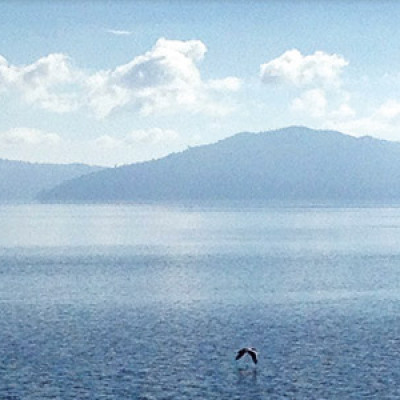
12 March 2017
Public hearings for the Proposed Plan Change 10 to Regional Water and Land Plan, begin on Monday (March 13).
Lake Rotorua Nutrient Management – Proposed Plan Change 10 introduces rules to limit the amount of nitrogen entering Lake Rotorua from land use. The rules will affect rural properties in the Lake Rotorua Catchment.
Venue
Millennium Hotel
1270 Hinemaru St
Rotorua
Independent Hearing Panel
As previously announced, retired District and Environment Court judge Gordon Whiting will chair the independent hearing panel. Other specialists on the panel are:
On the day
All information regarding the hearing including a full schedule for the two-week hearing can be found here: www.boprc.govt.nz/pc10hearings
A media table will be set up with access to power and wi-fi.
The panel will be unavailable for comment throughout the hearing.
Additional information
The proposed rules are just one part of the long-term solution for Lake Rotorua water quality developed under the Rotorua Te Arawa Lakes Programme, which is a collaborative partnership between the Bay of Plenty Regional Council, Rotorua Lakes Council and Te Arawa Lakes Trust. The proposed nutrient rules process has been underway for three years, with over two years of informal consultation and formal submissions welcomed in February 2016.
To meet water quality standards set by the community, nitrogen entering the lake must reduce by 320 tonnes by 2032. Less than half of that, 140 tonnes, will come from proposed rules where landowners will need to make changes to the way they use their land.
One hundred tonnes will come from voluntary land use changes purchased by the Lake Rotorua Incentives Board, 30 tonnes will come from voluntary gorse conversion to trees, while 50 tonnes will come from engineering initiatives.